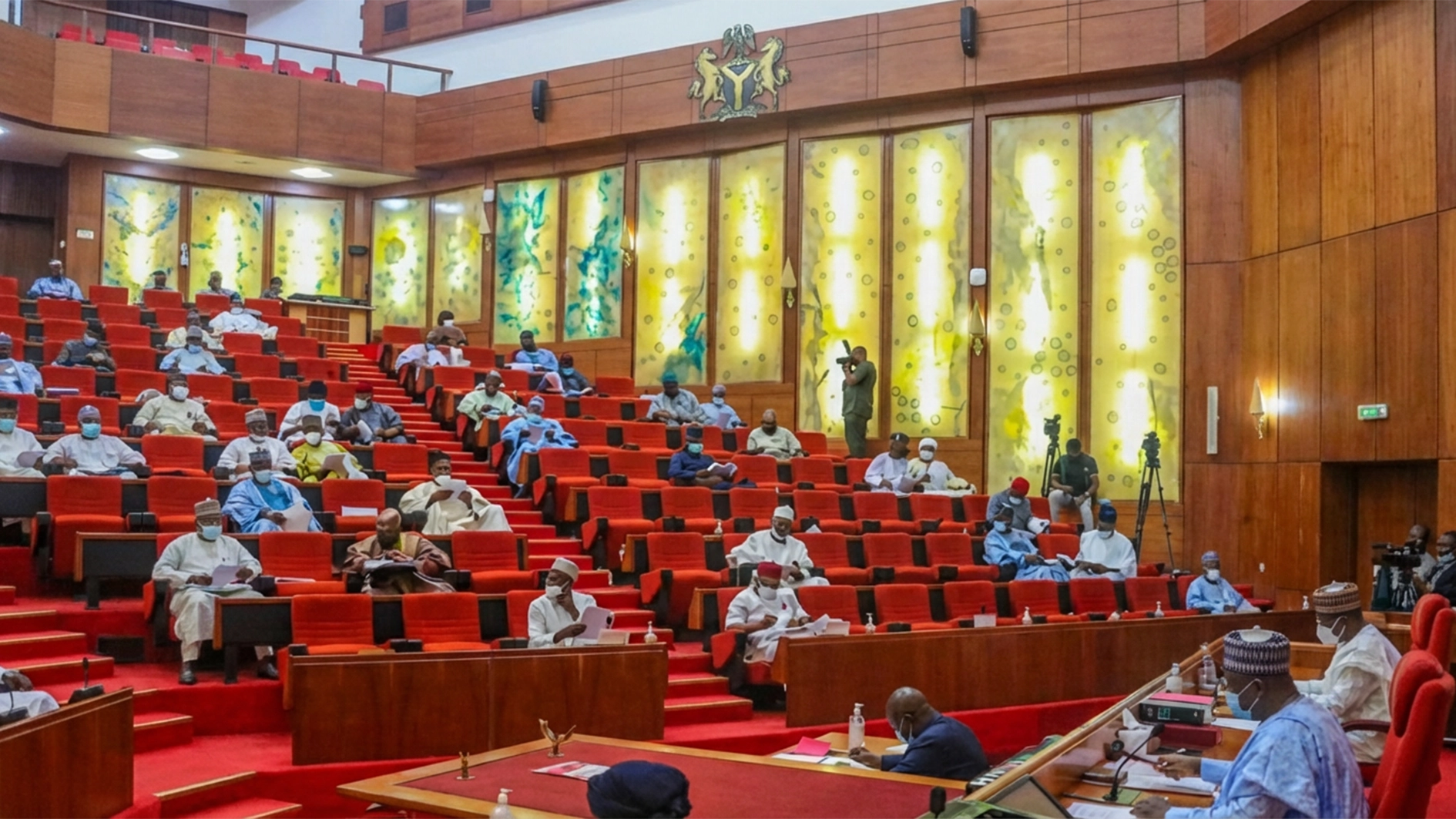An Associate Professor of Sociology with Bayero University, Kano, MaiKano Madaki, has decried the growing rate of narcotics and psychotropic substance abuse in Nigeria despite several policies and legal frame works initiated to combat the menace.
Madaki identified unhealthy rivalry between the enforcement agencies, corruption, political influence among other tendencies crippling fight against drug abuse in the country.
The professor, who spoke yesterday while presenting paper on Strategies for Combating Substance/Drug Abuses in Nigeria at Bayero university Kano, explained why drug abuse in the country continued to defiling all preventive measures in the country.
He was addressing 120 Youths at a Leadership Training Program and Drug Abuse, organised by Centre for Gender Studies, in collaboration with Rosa Luxemburg Stiftung, a German based education foundation.
While lamenting the dangerous impact of abuse of illicit substance especially in Kano, Madaki stated that several globally recognized research works has proven that there is a pertinent relationship between drug abuse and crime rate in the world.
The university scholar stressed that Nigeria has put in place laws on narcotics since 1935 prior to enactment of statutory provision that established National Drug Law Enforcement Agency (NDLEA) in 1989 and subsequently amendment in l1999 constitution.
He, However, noted that existing laws would remain ineffective with little or no significant impact in combating the crime act owing to the global dynamics and tactics in dealing with the menace
Madaki therefore recommended the use of community based strategy to effectively combat the menace fast eating deep among the youth. According to him, the approach would include sensitization and awareness creation through the faith based organisations, traditional leaders, women and civil society organisations.
“We have conventional legal frame work in existence since 1935 and the NDLEA laws of 1989 and several others including the 1999 as amended. It is however worrisome despite the existing of these laws, the situation is getting worsen not the other way round,” Madaki said.
“The challenge is of many fold. But most importantly, the approach we are using is relatively not fashionable. Globally the new narrative is on community approach. This is the approach countries like US, Mexico, South Africa, Kenyan and host of other adopted and it is working effectively.”
Another speaker, Dr. Aminu Mohammad Dukku identified socio-economic, political influence, environmental impact among critical causes of drug abuse.
He worried that devastating effect of the menace is destroying family unities, communities and paving ways for increasing crimes in the country. Dr. Dukku also suggested renewed reorientation from parents and attitudinal change of youth.
Director, Centre for Gender Studies, Professor Hassana Sani Darma said the essence of the program was to build leadership skills in the younger generation and disabuse their minds from illicit act capacity of ruining their future.
[ad unit=2]






